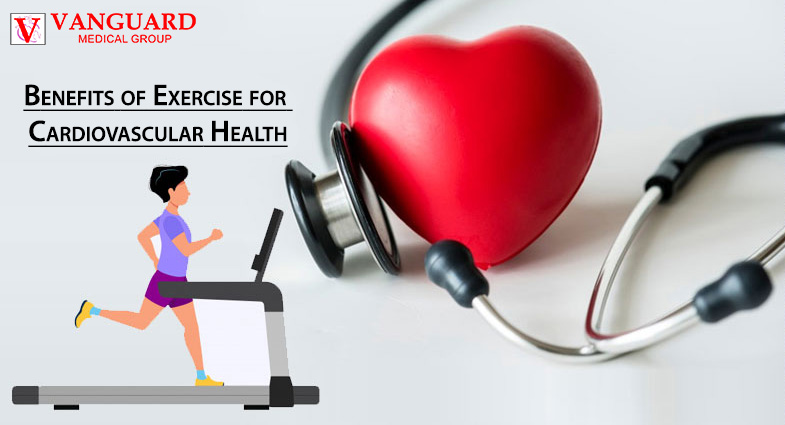
Cardiovascular disease (CVD) is a leading cause of death globally. The risk factors for CVD include high blood pressure, high cholesterol levels, diabetes, obesity, and physical inactivity. Exercise has been shown to be an effective way to prevent and treat CVD. This article will explore the benefits of exercise in the prevention and treatment of cardiovascular disease.
Understanding Cardiovascular Disease
Cardiovascular disease refers to any disease that affects the heart or blood vessels. The most common forms of CVD are coronary artery disease, heart failure, stroke, and peripheral artery disease. The underlying cause of CVD is atherosclerosis, which is the buildup of plaque in the arteries that can lead to a heart attack or stroke.
Risk Factors for Cardiovascular Disease
There are many risk factors for cardiovascular disease, some of which are modifiable and others that are not. The modifiable risk factors include high blood pressure, high cholesterol levels, diabetes, obesity, smoking, and physical inactivity. Non-modifiable risk factors include age, sex, and family history.
Benefits of Exercise for Cardiovascular Health
Exercise has numerous benefits for cardiovascular health. Regular exercise can lower blood pressure, improve cholesterol levels, reduce the risk of developing diabetes, promote weight loss, and improve overall cardiovascular function. Exercise can also reduce the risk of developing atherosclerosis and lower the risk of heart attack or stroke.
Types of Exercise for Cardiovascular Health
There are two main types of exercise for cardiovascular health: aerobic exercise and resistance training. Aerobic exercise, also known as cardio exercise, is any activity that increases the heart rate and breathing rate, such as running, cycling, or swimming. Resistance training involves using weights or resistance bands to build muscle strength.
Guidelines for Exercise for Cardiovascular Health
The American Heart Association recommends at least 150 minutes of moderate-intensity aerobic exercise per week, or 75 minutes of vigorous-intensity aerobic exercise per week, or a combination of both. In addition, the American Heart Association recommends at least two days per week of resistance training that targets all major muscle groups.
Starting an Exercise Program
Before starting an exercise program, it is important to consult with a healthcare provider. This is especially important if you have any pre-existing medical conditions or if you have been sedentary for a long period of time. Starting slowly and gradually increasing the intensity and duration of exercise is recommended to prevent injury and ensure success.
Conclusion
Exercise is a powerful tool for preventing and treating cardiovascular disease. Regular exercise can lower blood pressure, improve cholesterol levels, reduce the risk of developing diabetes, promote weight loss, and improve overall cardiovascular function. There are numerous types of exercise to choose from, including aerobic exercise and resistance training. Following guidelines for exercise for cardiovascular health and consulting with a healthcare provider before starting an exercise program can help ensure success. Incorporating regular exercise into your routine can help reduce your risk of developing cardiovascular disease and improve your overall health and well-being.


